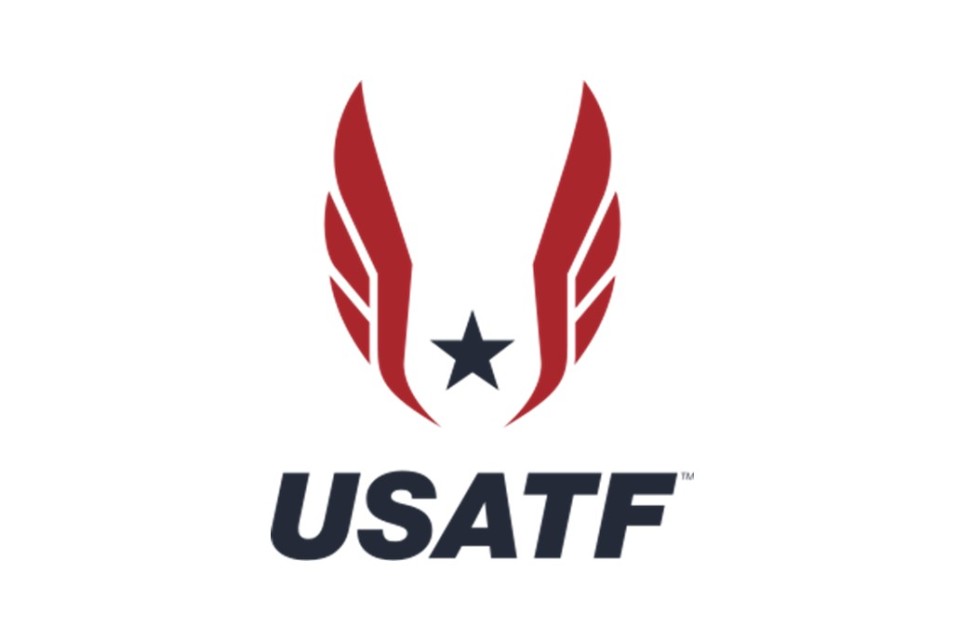Thu, May 15, 2025
World Athletics v Dominique Lasconi Mulamba

A decision in the case of World Athletics (WA) against Dominique Lasconi Mulamba has been issued by the World Athletics Disciplinary and Appeals Tribunal (DAT).
On 3 August 2024, Mr Mulamba, a 23-year-old sprinter from the Democratic Republic of Congo, participated in the 100m sprint heats at the XXXIII Olympic Games in Paris and achieved seventh place in ‘Heat 8’. The following day, on 4 August 2024, the Athlete provided a urine Sample Out-of-Competition. On 10 August 2024, the International Testing Agency (ITA) notified the Athlete that analysis of the Sample had revealed the presence of a Metabolite of Stanozolol, 17-epistanozolol-N-glucuronide. Stanozolol is a Prohibited Substance according to the World Anti-Doping Agency’s 2024 Prohibited List, under the category S1.1A Anabolic Androgenic Steroids. It is a Non-Specified Substance, prohibited at all times. Mr Mulamba was also informed that he was subject to a Provisional Suspension.
On 21 August 2024, the Athletics Integrity Unit (AIU) informed the Athlete that a further Provisional Suspension pursuant to the World Athletics Anti-Doping Rules (WA ADR) had been imposed and that following the determination of whether the Athlete had committed an Anti-Doping Rule Violation (ADRV) and any applicable Consequences related to the Olympic Games under the International Olympic Committee Anti-Doping Rules (IOC ADR), the International Olympic Committee (IOC) would refer the determination of further Consequences beyond the Olympic Games to the AIU on behalf of WA.
Having been informed that his B Sample confirmed the presence of a Metabolite of Stanozolol, that it was therefore undisputed that he had committed an ADRV, and of the Consequences under the IOC ADR, Mr Mulamba, on 9 October 2024, signed and returned an Agreement on Consequences, expressly agreeing to the Consequences of the ADRV pursuant to the IOC ADR.
On 31 October 2024, the ITA, on behalf of the IOC, issued a Sanctioning Decision on the ADRV under Article 7.8.3 of the IOC ADR (ITA Decision), which found that the Athlete had committed ADRVs under Article 2.1 and Article 2.2 of the IOC ADR and that all individual competitive results that he had obtained during the 2024 Olympic Games were to be Disqualified, including forfeiture of medals, points and prizes.
The matter was then referred to the AIU to determine further Consequences to be imposed upon the Athlete under the WA ADR. On 8 November 2024, the AIU issued the Athlete with a Notice of Charge.
The Disciplinary Panel, comprised of Mr Conny Jörneklint, sitting alone, was appointed to hear this matter.
In contesting the Consequences set out by the WA ADR, the Athlete argued that the analyses of the Samples did not comply with the requirements of the International Standards for Laboratories (ISL) and therefore should be disregarded, that the ADRVs were not intentional and therefore the applicable Consequences were eligible for a reduction based on the seriousness of the offence and the specific circumstances, and that he should be entitled to a reimbursement of his legal costs.
The DAT thereby determined that, pursuant to Rule 3.2.5 WA ADR, facts established by the ITA Decision are irrefutable evidence against the Athlete, unless the Athlete appeals the ITA Decision or establishes that it violated principles of natural justice. The ITA Decision was not appealed and no arguments alleging that any principles of natural justice had been violated were raised by the Athlete; therefore, it was held that the ITA Decision established the ADRVs and the DAT is bound by the ITA Decision.
Having taken into account Rules 10.2 and 3.1 WA ADR, the DAT found that the Athlete was not successful in pointing to the source of the Metabolite of Stanozolol. An athlete must provide actual evidence as opposed to mere speculation. Mr Mulamba has therefore not managed to establish, on a balance of probabilities, that the ADRVs were not intentional. The DAT also concluded that there is no basis of proportionality on which to reduce the Athlete's period of Ineligibility under the WA ADR. The conclusion is that the period of Ineligibility should be four years.
On the matter of costs, the DAT considered Rule 10.12.1 WA ADR, which allows the DAT to require the Athlete to reimburse WA for the costs that it has incurred in bringing the case, where an Athlete is found to have committed an ADRV. The DAT ordered that the Parties bear their own costs.
The period of Ineligibility commenced on the date of the DAT’s decision, 28 April 2025, but credit was given for the period Mr Mulamba was provisionally suspended. Mr Mulamba had not competed since the 2024 Olympic Games in Paris; therefore, no additional Consequences or Disqualifications were imposed. The decision is subject to appeal to the Court of Arbitration for Sport.
Sport Resolutions is the independent secretariat to the World Athletics Disciplinary and Appeals Tribunal.
A copy of the full decision can be accessed via the related links tab on the right-hand side.



